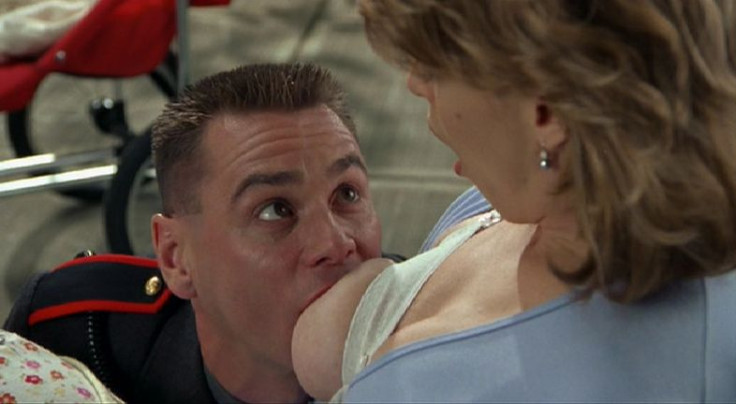Adult Breastfeeding In China: Is The New Fad Healthy?

Breast milk is the new luxury snack for the nouveau riche in China, according to reports from Guangzhou's Southern Metropolis Daily and the BBC. Proponents cite breast milk's high nutritional value, as adult wet nurses are being paid between $2,000 to $4,000 per month, but are they right about the health benefits?
While this diet craze might come as surprise to you, it shouldn't, as adults in the U.S. have been partaking in human breast milk for at least a decade. The Mothers' Milk Bank of San Jose collects breast milk donations for babies in need, typically preemies or those with mothers that can't breastfeed. However, the center has also been quietly giving the milk to cancer patients or others with serious illnesses, according to a 2004 story from the Seattle Times.
It's been suspected for a while that breast milk can kill cancer cells, and although there have been hints, the precise details of its anti-cancer properties remain unresolved. Breast milk is also packed with antibodies and immune cells, and so it may be able to help people who are immunocompromised.
But the established regulatory practices for this northern California center, and the other nine milk banks across the U.S. and Canada, highlight a possible health risk for China's new fad.
Donations to these American facilities are prescreened for viruses and other infectious diseases like HIV and hepatitis B, which can be transmitted via breast milk. If the same safety practices aren't in place in China, then recipients may be at risk.
In addition, human breast milk might not be the best choice for someone trying to cut calories. While rich in vitamins and stomach-settling digestive enzymes, a glass of human milk has more fat and carbs than a glass of whole milk from a cow, while simultaneously having less calcium.
Published by Medicaldaily.com



























